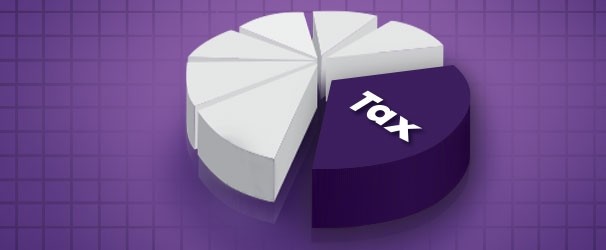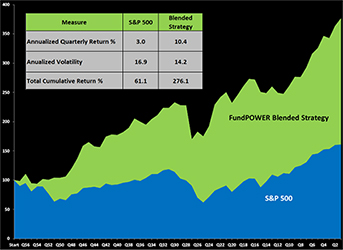There is a lot of talk about the adverse tax impact of dividends and capital gains (short and long term) distributions by mutual funds, while ETFs are said to not have such problems.
Here are some things to remember:
- You have to first make gains to pay taxes, the higher the gains the better! It is better (at least we think so), to make money on as many investments as possible. We would rather make money on all our investments and pay taxes than lose money to avoid taxes. How about you?
- ETFs, unlike mutual funds, rarely distribute dividends. Most ETFs don’t have a lot of capital gains distributions either. But emerging or foreign stock ETFs might have tax consequences. In any case, with ETFs, mutual funds or index funds, you have the option to re-invest any cash received.
- If you have a realized investment gain, you must include it in your tax return. If your investment’s market value increases compared to what you invested, and you sell that investment, then you will have more left after taxes. If you use (so called) loss harvesting, then first make sure that you have the desired net gain, after allowing for the losses!
- Your CPA or tax consultant might show you how to minimize your individual and specific tax burden. Again, if you select funds based on their expected tax efficiency, without paying attention to potential net returns, then you may or may not see the desired net growth of your portfolio.
- If you are investing through an IRA, roll-over IRA, retirement plan like a 401k or 403b, or a deferred compensation plan, then Uncle Sam has arranged that you don’t pay any taxes on the dividends and capital gains, until it’s time for you to retire and start withdrawing from your nesteggs. So, worrying about tax loss harvesting makes little sense with your retirement accounts.



